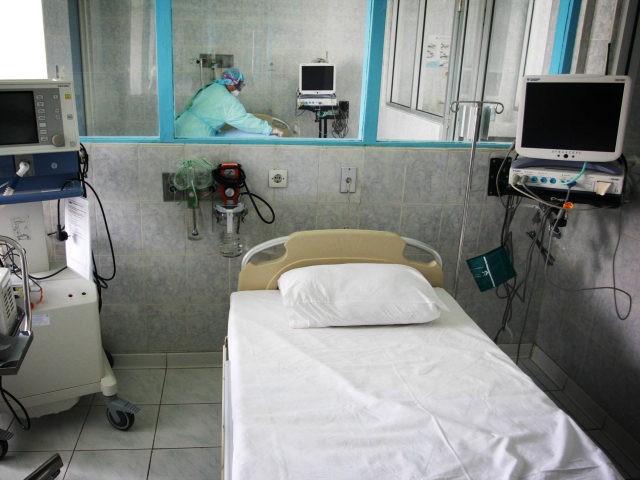In an unprecedented event in the healthcare industry, St. Margaret’s Health in Spring Valley, Illinois, is set to close its doors, partially due to a crippling ransomware attack that occurred in 2021. This marks the first time a hospital has publicly attributed its closure to a cyberattack. One administrator explained the extent of the cyberattack, saying, “You’re dead in the water. We were down a minimum of 14 weeks. And then you’re trying to recover. Nothing went out. No claims. Nothing got entered. So it took months and months and months.” she said.
NBC News reports that St. Margaret’s Health in Spring Valley, Illinois, is about to close its doors partially due to a disastrous ransomware attack in 2021. This is the first instance in which a hospital has openly attributed a cyberattack to its closure.
“Due to a number of factors, such as the Covid-19 pandemic, the cyberattack on the computer system of St. Margaret’s Health, and a shortage of staff, it has become impossible to sustain our ministry,” said Suzanne Stahl, the chair of SMP Health, the hospital’s parent organization.
The hospital’s operations were severely hampered by the ransomware attack, a form of cybercrime in which hackers remotely disable an organization’s computers and demand a ransom for their recovery. For several months after the attack, the hospital was unable to submit claims to insurance companies, Medicare, or Medicaid, which caused a financial crisis.
According to Linda Burt, vice president of quality and community services at the hospital, the attack’s effects were devastating. “You’re dead in the water,” she said. “We were down a minimum of 14 weeks. And then you’re trying to recover. Nothing went out. No claims. Nothing got entered. So it took months and months and months.” she said.
St. Margaret’s Health’s closure will significantly impact the local community. Residents will now have to travel for obstetrics and emergency room services for about 30 minutes. Spring Valley’s mayor, Melanie Malooley-Thompson, expressed her concerns about the situation, stating: “The hospital closure will have a profound impact on the well-being of our community. This will be a challenging transition for many residents who rely on our hospital for quality healthcare.”
For many years, ransomware attacks have been a major problem for healthcare facilities in the United States. Since 2020, the cybersecurity company Recorded Future has recorded at least 300 attacks annually on healthcare facilities in the United States. The use of pen and paper for patient charts and prescriptions is frequently forced by these attacks, which delays operations and results in patients receiving the wrong dosages of medications. Ambulances occasionally need to be diverted to different hospitals.
Breitbart News previously reported on ransomware attacks disrupting hospital operations. One Alabama hospital resorted to using paper records due to its online systems being completely inoperable:
Gizmodo reports that the Alabama-based DCH Health System has paid off hackers responsible for a ransomware attack that took the computer systems of three local hospitals hostage recently. Ransomware attacks are designed to encrypt hard drives and lock individuals out of their computer until they pay a ransom, usually sent via cryptocurrency, to the attacker. Seven hospitals in Australia were also affected by the cyber attack.
Medical staff at hospitals in Tuscaloosa, Northport, and Fayette were forced to switch to a manual paper patient in order to track patient data while they were locked out of their systems. All of the hospitals diverted “all but the most critical new patients” to other health care centers in the area. DCH officials still haven’t revealed how much was paid to the scammers but system spokesman Brad Fisher stated on Saturday morning that the company had teams working to undo the damage caused by the ransomware and that no patient data had been compromised.
Read more at NBC News here.
Lucas Nolan is a reporter for Breitbart News covering issues of free speech and online censorship. Follow him on Twitter @LucasNolan

COMMENTS
Please let us know if you're having issues with commenting.